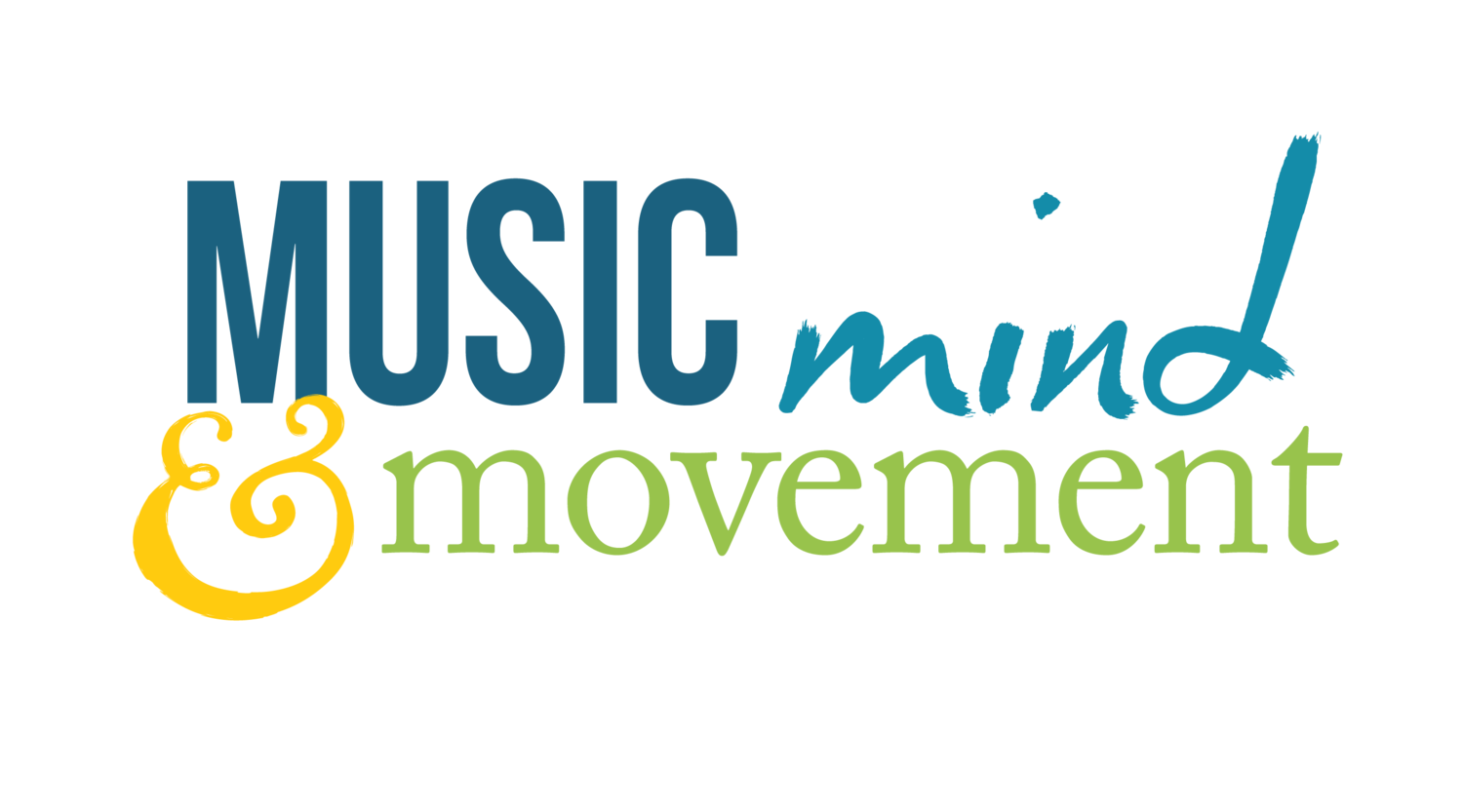Here at MUN, and at music schools all over North America, we are ramping up to jury and recital season. It’s an exciting time of the academic year and also a time when many musicians get stuck in that awkward place where their repertoire is pretty much learned, but not quite at the level they want it to be, whether technically, musically, or both. In this place, the intended result seems so close and at the same time inordinately difficult to reach. Maybe we can image imagine what we want but can’t quite get it to come out. Or, we know what we’re doing isn’t exactly what we intend, but we struggle to find clarity in our interpretation. It is easy to fill this gap with a lot of grinding of gears and spinning of wheels in an effort to just get. it. right. It seems like if we just play it enough times, it should get better, right? Well, sometimes repetition does the trick. But there is often a cost that is paid in frustration, wasted time, and physical tension and we inadvertently cultivate the opposite of the kind of freedom and authenticity we ultimately want on stage.
All in Performance
Taxidermy vs Tracking: Some musings on mindfulness, performance, and musical expression
It occurs to me that rather than trying to normalize the performance experience, we could try to live more fully -- to actually experience more of our lives -- everyday. I think we often flatten out our experience so that it appears to align more closely with our preferences and expectations. But what if we actually sought out and learned to be okay with more texture, more nuance, more drama? Might the performance experience seem less fraught?
Tuning In
The ability to sense our internal experience in an embodied way -- as opposed to thinking about our experience in a conceptual way -- is an important first step in learning to regulate our nervous systems for optimal learning and confident performing. We can't regulate what we can't feel.
More than that, though, if we can learn to sense (and therefore respond to) the subtle signals our bodies are sending us all the time we are less likely to get hijacked by overwhelm.
Trust Fall
Last week, I promised to write about learning to quiet the thinking mind so that what I'll call the "body-mind" can do its thing. Some people seem to find this very easy and intuitive. I am not one of those people. As a dyed-in-the-wool control...enthusiast ("freak" seems a little harsh...) this is something I have wrestled with for a long time...and continue to wrestle with, if I'm being honest.



